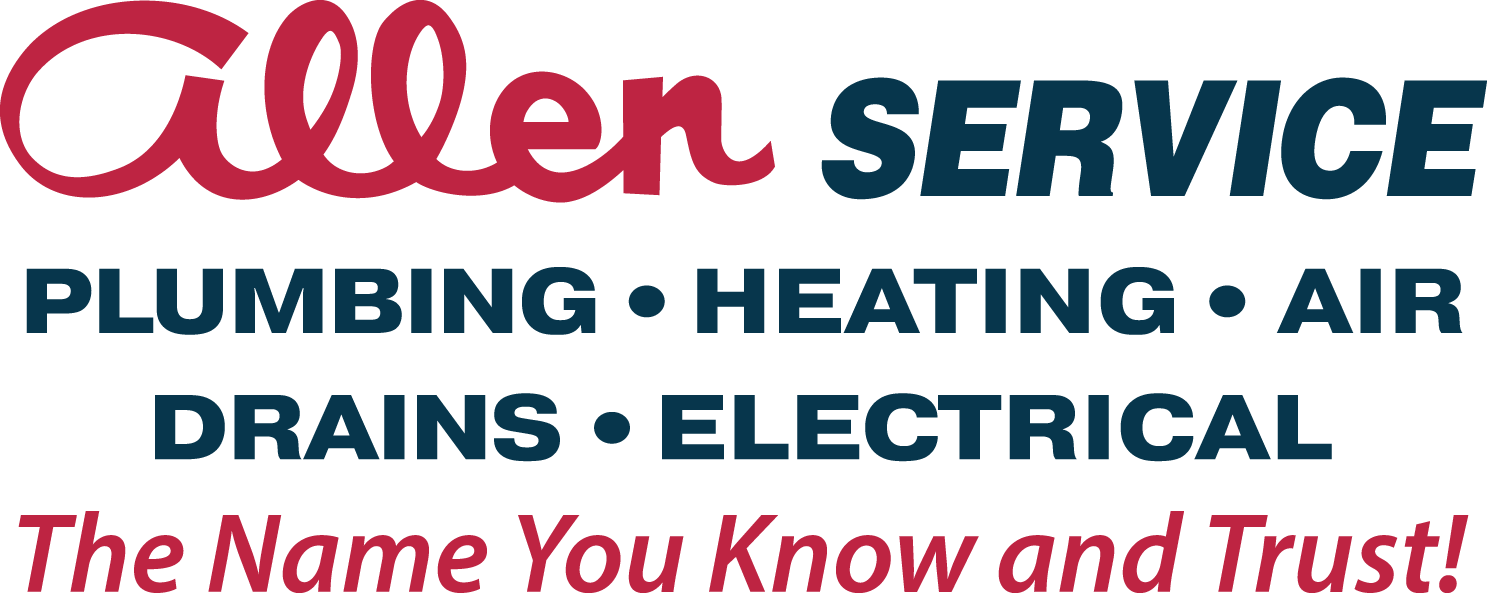Furnaces are great in the winter, but you have to maintain them properly to keep them functioning optimally. But how often do you need to change your furnace filter? And is it ever okay to reuse your old furnace filter?
Consequences of a Dirty Filter
A dirty furnace filter can cause lots of problems in your home. If it’s just a little bit dirty, it won’t filter out contaminants as well and your indoor air quality will suffer. It may also cost more to heat your home due to the reduced airflow through the filter.
However, the real problem comes when you’ve let a filter get far too dirty. When a filter becomes so clogged that it’s difficult for any air to pass through it at all, the hot air can cause the heat exchanger to overheat. Your furnace will stop heating your home—for safety reasons—until you replace the air filter and reset your furnace.
Types of Furnace Filters
There are two different types of furnace filters available: disposable filters and permanent filters. If you run a disposable filter in your furnace, it needs to be changed every 2 to 3 months, depending on the size and type. Permanent furnace filters, on the other hand, are designed to be cleaned and reused, so it’s simply a matter of checking your filter occasionally to make sure it’s not too dirty.
Cleaning permanent filters is easy, too. All you have to do is remove the filter from the furnace, rinse the dust off of it, and let it dry completely before putting it back in the furnace.
MERV Ratings
If indoor air quality is important to you, you may want to consider upgrading to a furnace filter with a higher MERV rating. The MERV rating of a filter determines the size of particles it’s capable of filtering out of the air. The higher the MERV rating, the smaller the particles it can remove the air.
For optimal indoor air quality in residential spaces, buy a filter with a MERV rating of at least 12.
For more information about indoor air quality or furnaces contact us today!
